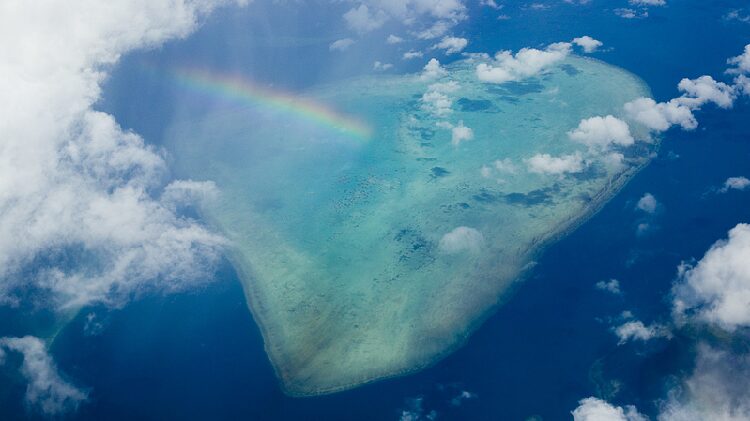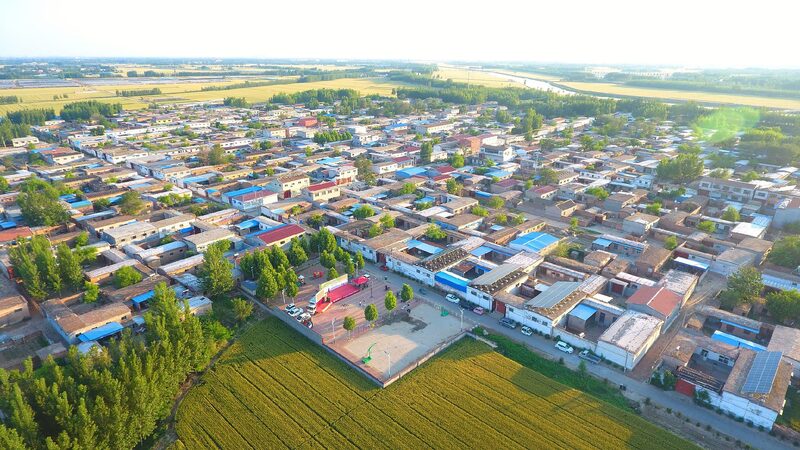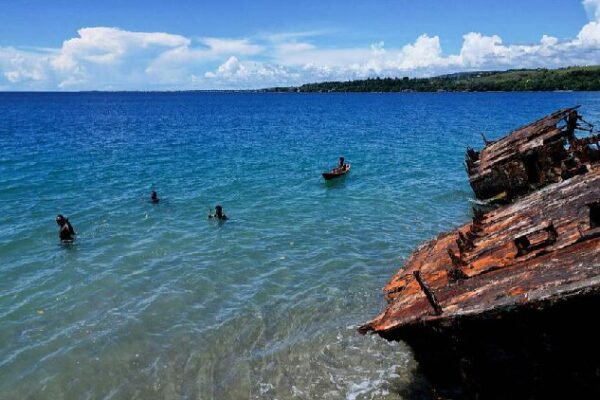The tiny Pacific island nations of Kiribati, Tuvalu, and the Marshall Islands are staring down a massive $10 billion price tag to protect themselves from rising sea levels, according to a new World Bank report.
These remote atoll nations, home to populations that live no more than two or three meters above sea level, are among the most vulnerable places on Earth to climate change. A sea level rise of just half a meter could submerge significant portions of these islands, which could happen as soon as 2050 in a worst-case scenario, or more likely by 2070.
For residents of places like Funafuti, Tuvalu’s capital, the threat of the ocean overtaking their homes is a daily reality.
The World Bank estimates that adapting to this rising tide—through building seawalls, elevating homes, and relocating inland—will cost $3.7 billion for Kiribati, $1 billion for Tuvalu, and $5 billion for the Marshall Islands. That’s equivalent to about 20 years of their combined gross domestic product.
Beyond the staggering financial burden, the report highlights the human cost. One-third of the populations of Kiribati and Tuvalu risk falling into extreme poverty due to climate shocks like coastal flooding. Healthcare systems are also under strain from increasing heat-related illnesses.
The urgency is clear, and so is the need for global support. The issue of funding is taking center stage at the COP29 climate talks in Azerbaijan, where nations are debating how much wealthy countries and organizations should contribute to help vulnerable nations combat climate change.
The report emphasizes the significant climate funding gap for these Pacific atolls. Importing the necessary materials, like sand and rock for seawalls and land reclamation, poses additional challenges and costs.
The future of these island nations depends on immediate and collective action. As the seas rise, so does the call for solidarity.
Reference(s):
Pacific atolls face $10 billion cost of rising sea, says World Bank
cgtn.com








